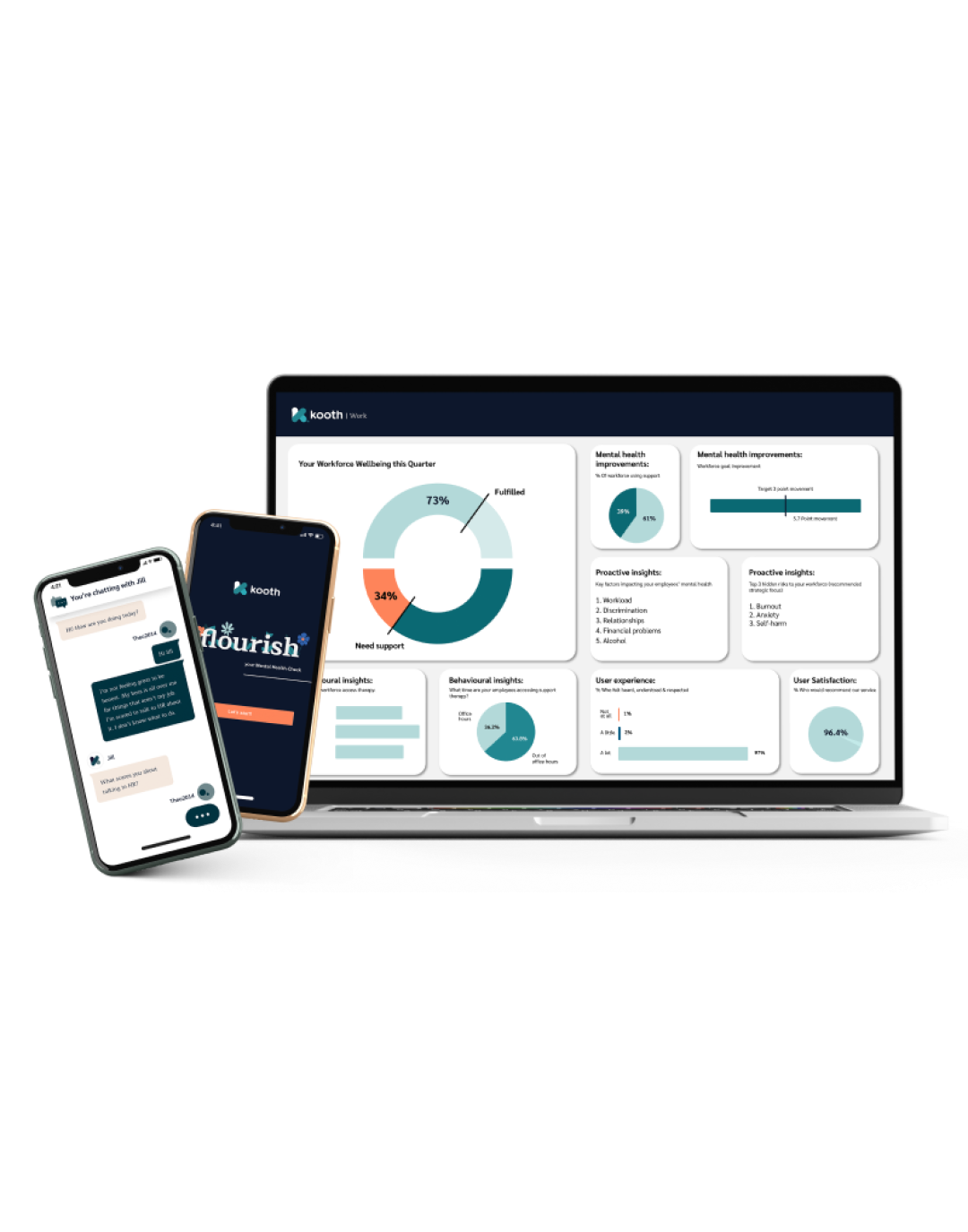According to the Resolution Foundation, millions of families are facing a “cost-of-living catastrophe” in 2022. The think tank predicts that steep rises in energy bills and taxes, combined with stagnant wages, could result in households facing a typical income hit of £1,200 a year.
Following on from the pandemic, which has already eroded financial resilience for many people, this comes as a fresh blow.
Workers under financial pressure
Sue Anderson, Head of Media at the debt charity StepChange, points out that: “Many people in work are living on a tight budget and are vulnerable to sudden changes in their circumstances. The cost of living crisis is now further eroding valuable disposable income and hampering people’s abilities to make ends meet.
“Last year, over half of StepChange’s new clients or their partners were in work, which shows just how important it is for employers to ask themselves how their people will cope if they face financial difficulty.”
In addition, the cost of living crisis has implications for menta
l health and wellbeing. StepChange reports that in 2021, almost half a million new clients contacted them seeking advice on debt. Worryingly, 39% of all these new clients were also experiencing some type of impaired mental health when they approached the charity.
In the light of these pressures, it’s more important than ever for employers to help prevent employee burnout. “It’s clear that an up-to-date strategy for supporting employees’ mental and physical wellbeing is going to be key to helping them navigate the post-pandemic era, the cost of living crisis and beyond,” adds Anderson.
Employees’ financial resilience takes a hit
We all know that there’s a relationship between financial and emotional wellbeing. Who hasn’t breathed a sigh of relief when a long-anticipated payment comes through? And who hasn’t felt a sense of panic when faced with a large bill?
“People who are living in poverty are considerably more likely to face mental health difficulties than those who are more affluent,” says Dr Lynne Green, Kooth’s Chief Clinical Officer.
“However, a large number of us do not sit at either end of the financial spectrum, but somewhere in between. Despite that, financial instability is a reality for many. A survey by Beam, a homelessness support charity, revealed that many British adults could be just 2-3 pay cheques away from homelessness. That’s a sobering thought.
“With this in mind, it’s unsurprising that the current hikes in daily living costs are likely to cause significant levels of anxiety - particularly for those who were already having financial concerns.”
How financial insecurity affects performance
“Excessive worry about finances can affect our ability to concentrate and focus on regular work tasks,” adds Dr Green. “This is exacerbated if our sleep is disrupted, and our performance at work can become entangled in the vicious cycle that ensues.”
It can be difficult for employers to spot the signs of financial burnout or deterioration in wellbeing, partly because people may be very skilled at hiding their worries.
Surveys consistently demonstrate that whilst many employees experience poor wellbeing and stress at work, very few are prepared to talk to their boss about it. Men in particular are more likely to believe that opening up about mental health or burnout would be perceived as a sign of weakness.
“We have undoubtedly come a long way in reducing the stigma associated with talking about mental health, but there is still a long way to go - especially within the workplace,” explains Dr Green.
How to spot signs of financial burnout
As an employer, what are the signs of financial stress you should be looking out for?
Dr Green suggests that you might notice people talking about their financial worries more - “They may describe feeling guilty about spending even a small amount of money. Others could become more frivolous with their money and start taking risks without even thinking through the potential consequences.”
In general, key indicators of increased stress levels include irritability, low mood, tiredness, lack of motivation, making mistakes, and increased sickness absence. However, increased productivity and presenteeism can also indicate that people are over-compensating for increased stress levels.
“In short, any changes in ‘usual presentation’ should serve as an alert for employers and managers to explore potential problems further,” says Dr Green.
What not to do
Worryingly, some managers are aware of the indicators of financial stress, but either choose to ignore them or address them in ways which are unhelpful, such as by jumping to performance management protocols or exacerbating motivation and confidence issues by lowering expectations too much.
Dr Green adds, “There’s always a fine balance for organisations to manage productivity and wellbeing, but this needs to be approached in a sensitive and considered way.”
The earlier, the better
The difficulties of spotting people at risk of financial burnout are compounded by mental health and wellbeing support systems that are geared towards helping people in crisis.
If support is only available once someone has reached burnout, it will inevitably take longer to help them to resolve their problems and get back to performing at their best.
That’s why it’s so important to spot the signs of financial stress and worry as early as possible. “We know that, generally speaking, the earlier people get help, the better the outcome will be,” says Dr Green.
Once people have reached the point of burnout, more specialist help may be required, both to address the financial concerns themselves and to look at any underlying factors that may be causing or exacerbating these problems in the first place.
Sources of support for financial burnout
If you notice that someone is struggling with worries about finance, you might encourage them to regain a sense of control and perspective by:
o Talking through their concerns with a trusted friend or relative.
o Getting practical advice on dealing with debt from organisations such as StepChange.
o Finding mental health support from organisations such as Kooth.
Dr Green adds “In addition to providing safe spaces for individuals to talk openly about their worries, employers should consider what regular, formal mechanisms they have in place that reduce stigma and enable accessible, confidential discussions with qualified staff from a range of relevant backgrounds, including the financial sector. Anonymous digital services can be a great help here.”
Mental health support: the moral and business case
As an employer, you can make powerful moral and business arguments for the need to support your staff through financial burnout.
“Morally, mental health support initiatives go a long way to helping employees to feel valued by their organisations,” Dr Green explains, “and we know that employees who feel valued are more likely to add value by going above and beyond for their employer.”
Dr Green also speaks about the strong business argument for supporting employees through difficult times. “I hope that employers will appreciate that striving to reduce burnout of any kind within their workforce is likely to strengthen their organisation’s financial success through higher morale, increased productivity, reduced sickness, and a greater sense of purpose.”
Future-proof your business
What’s more, as organisations are increasingly judged on their commitment to supporting the wellbeing of their workforce, those who fall short may struggle to recruit and retain the best candidates.
Financial burnout: are you ready to offer support?
Even the wildest optimist would struggle to describe the current financial landscape as positive and predictable. Look out for your people and your business by preparing to support your employees through financial burnout. Spot the signs early and provide the right support, and you’ll be better placed than most to help your people cope with the ‘cost of living catastrophe’, maintain their equilibrium, and perform at their best.
Discover Kooth Work
Discover more about Kooth Work, an organisation that provides proactive mental health and wellbeing support for workforces under pressure.






